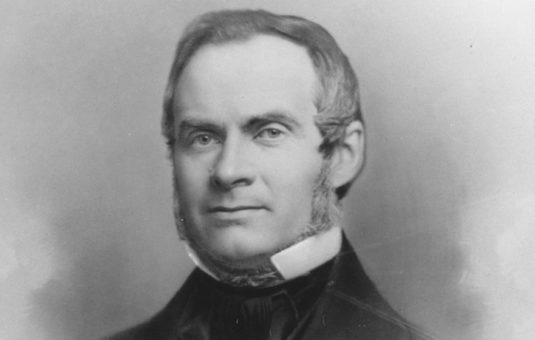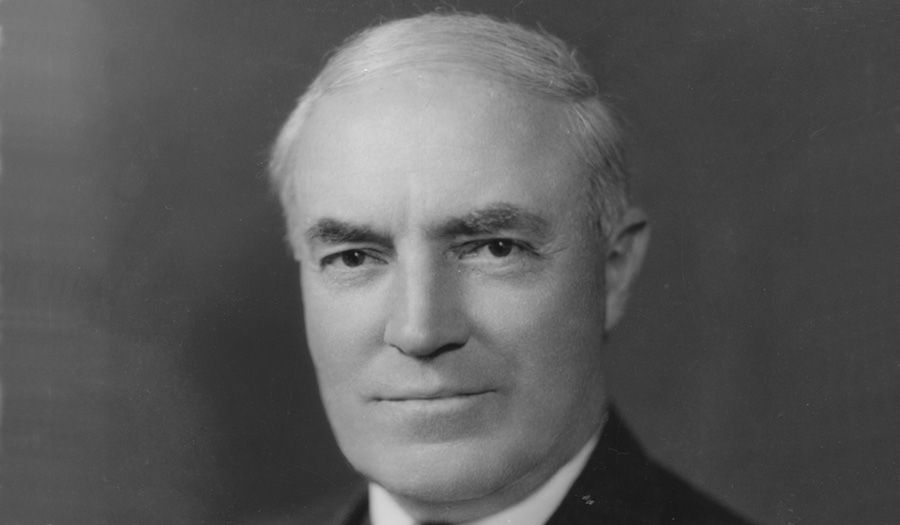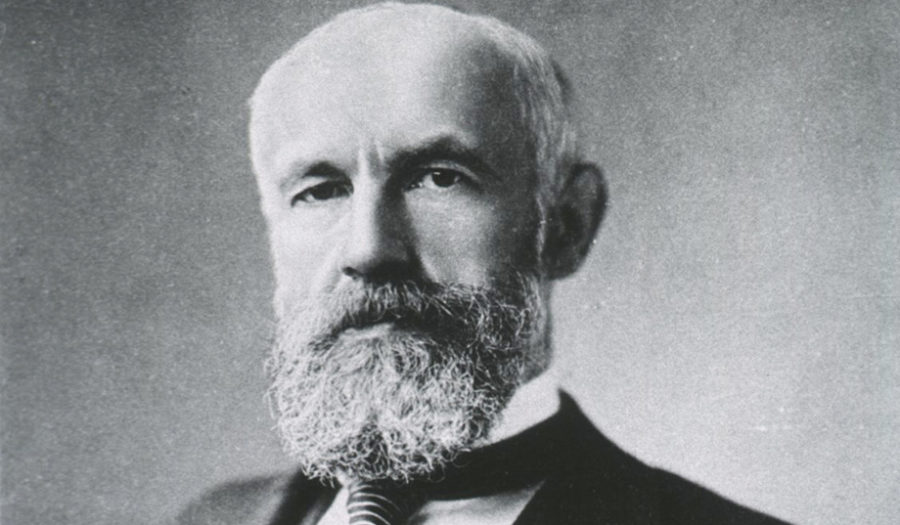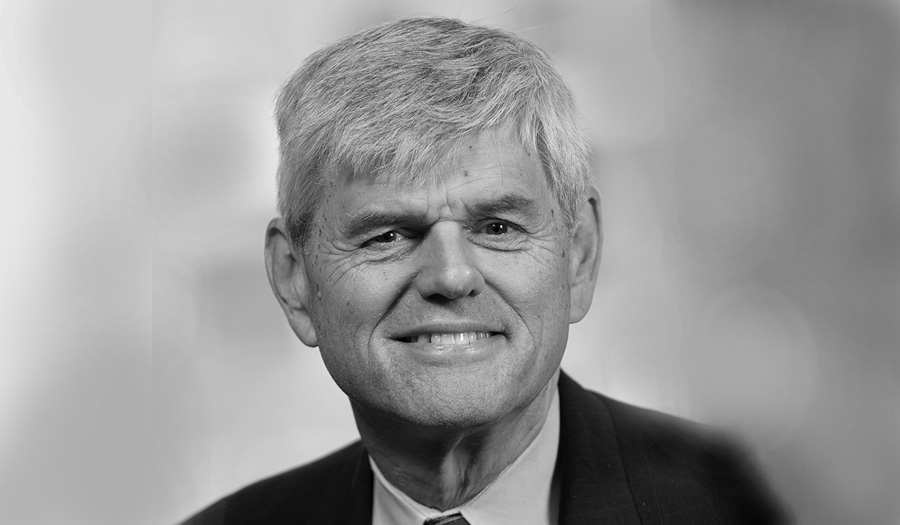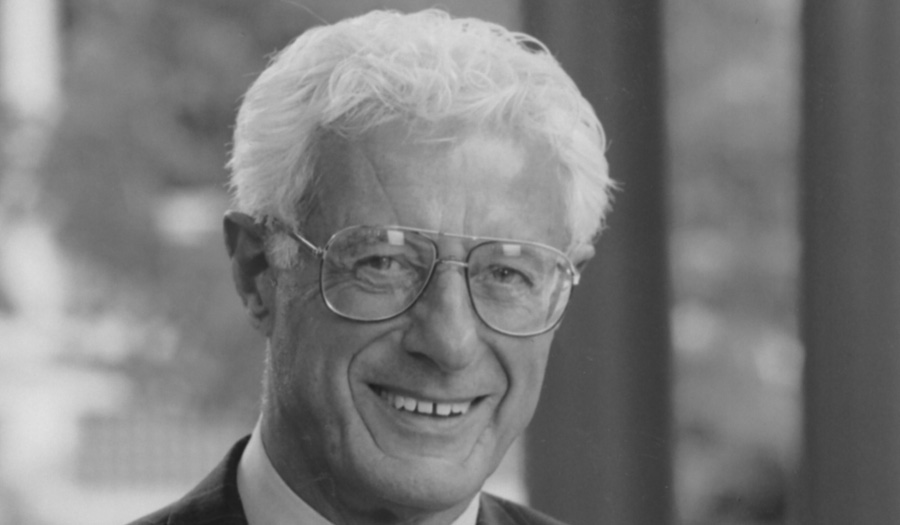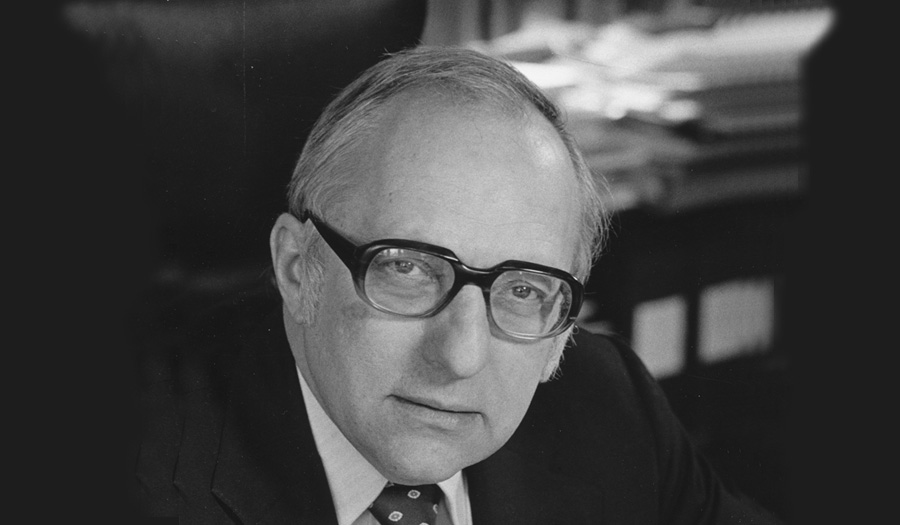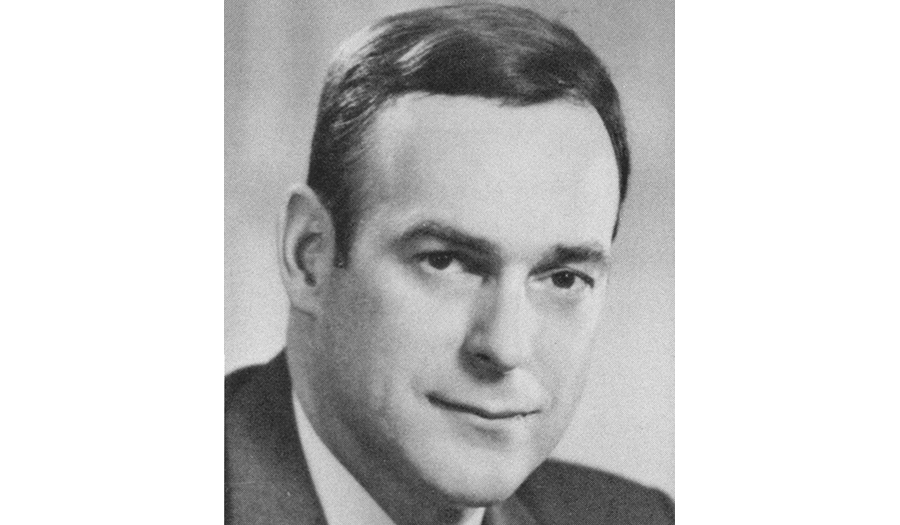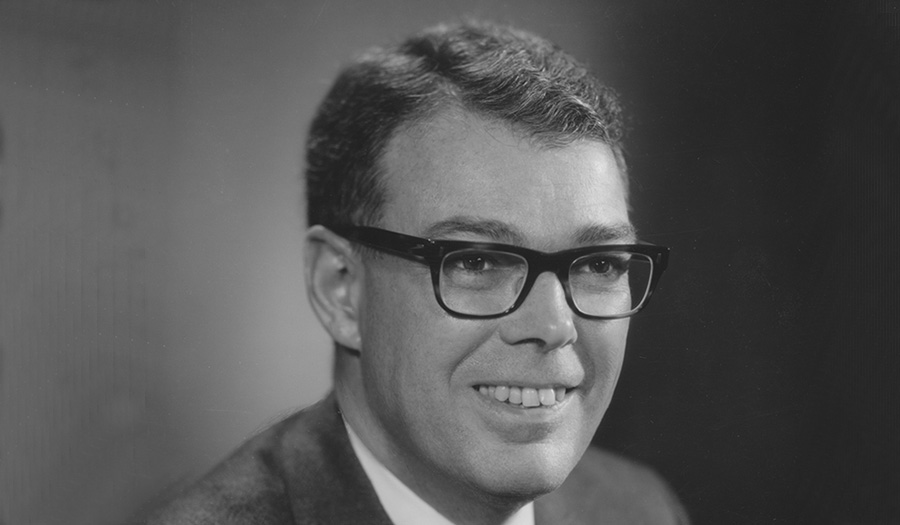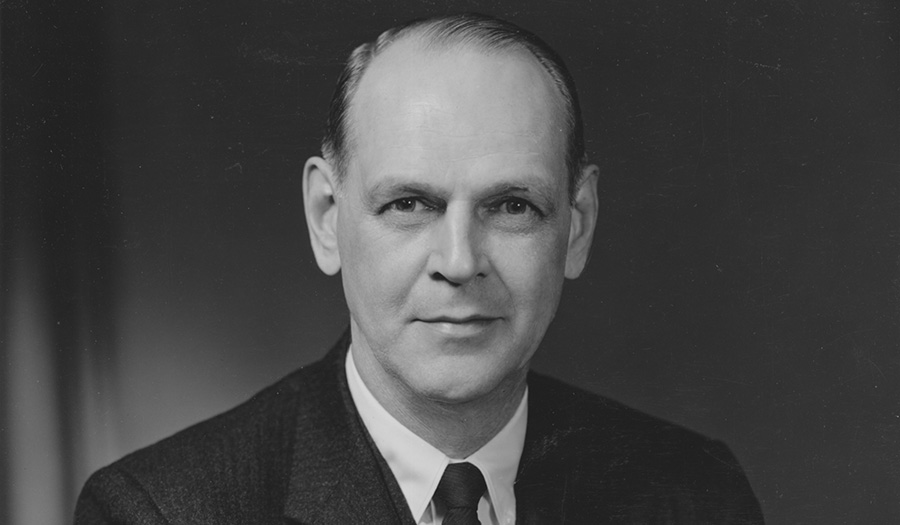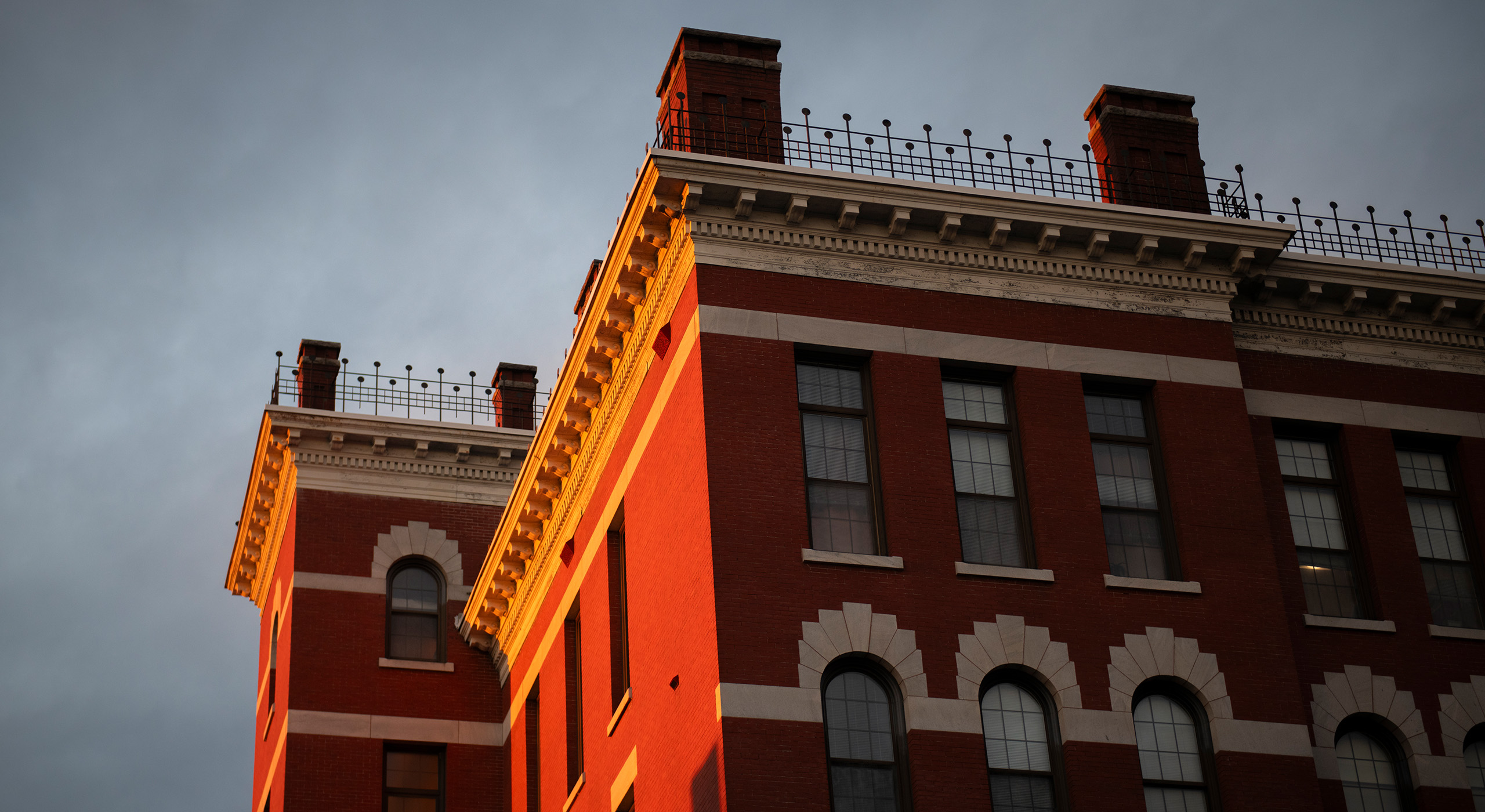
For more than 130 years, Clark University has thrived at the nexus of world-class teaching, boundary-pushing discovery, and creative invention.
The father of rocket science. The founder of the American Psychological Association. A co-inventor of the birth control pill. Members of our community have always challenged convention and found ways to change our world for the better.
Milestones
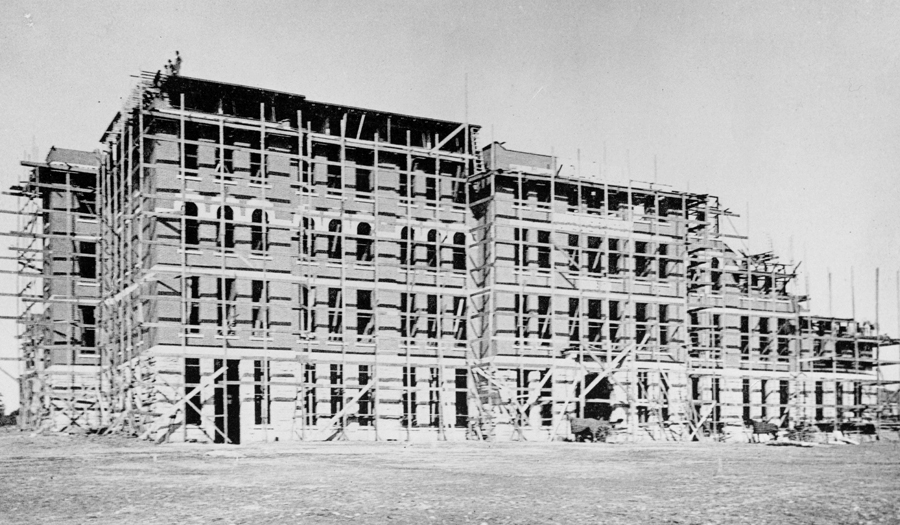
A new university
Clark opens its doors as the first graduate study only institution in the US
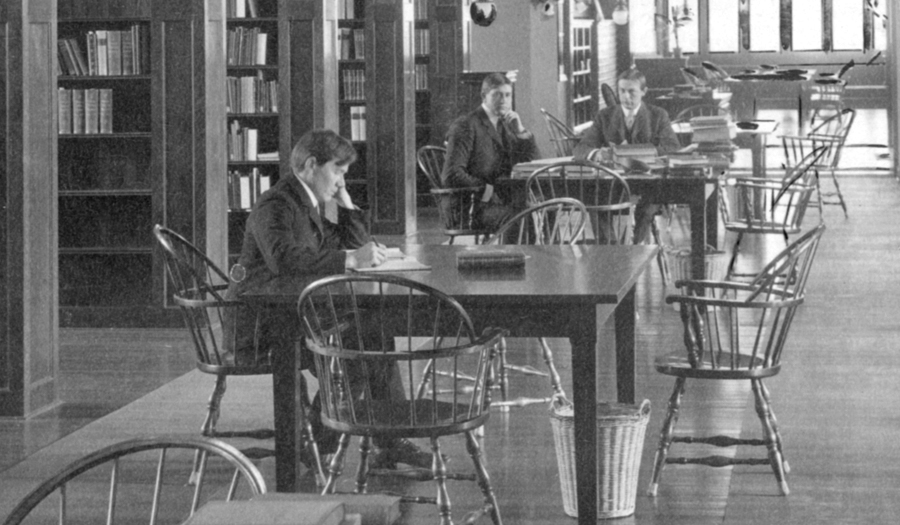
An undergraduate college
Clark’s liberal arts college for men is established
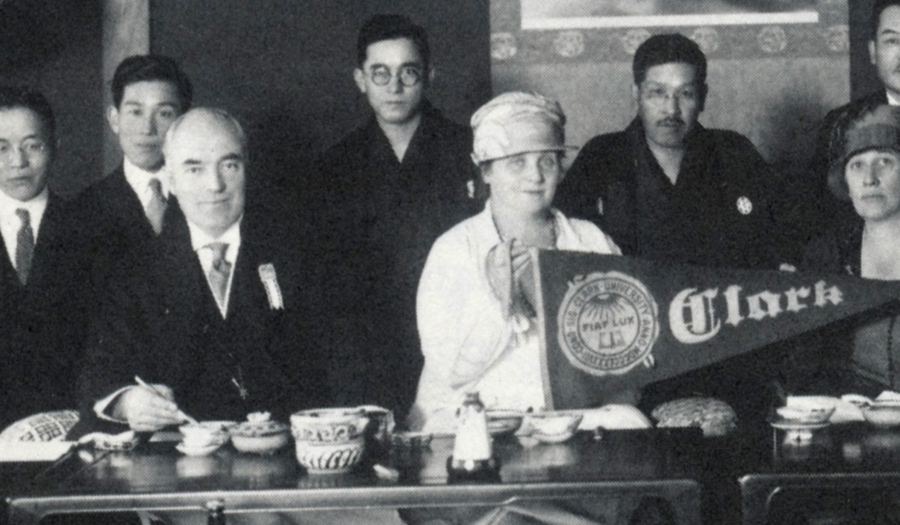
One Clark
Presidencies of the college and university are combined
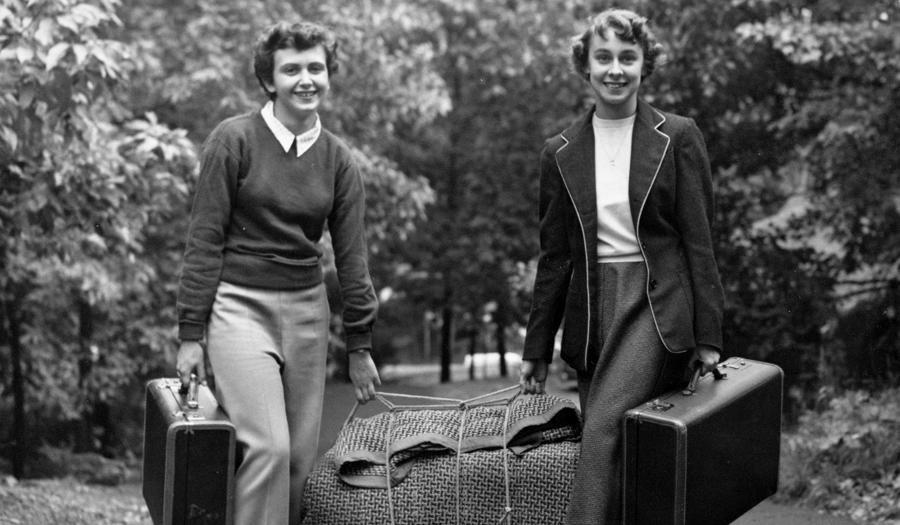
Clark College goes co-ed
Undergraduate college begins admitting women
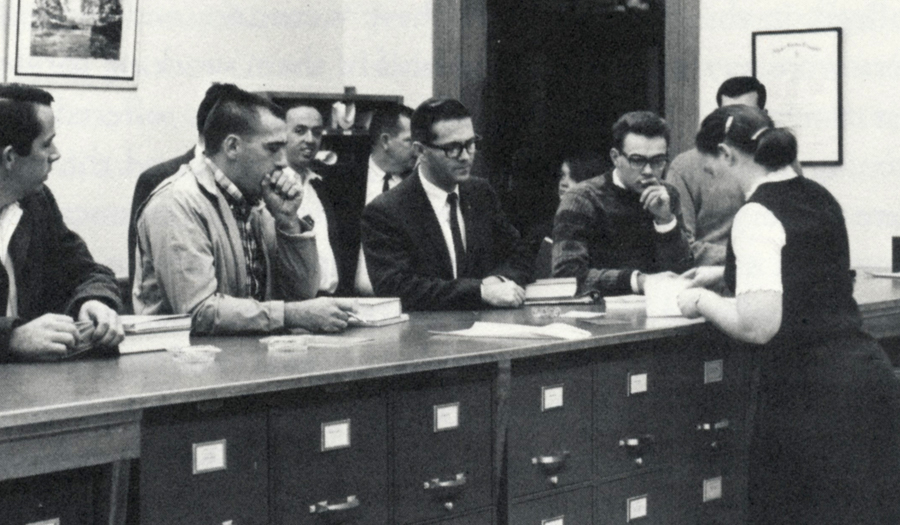
A commitment to adult education
Clark’s Evening College offers nighttime degrees for working adults

In the business of business
The School of Management (now School of Business) is founded
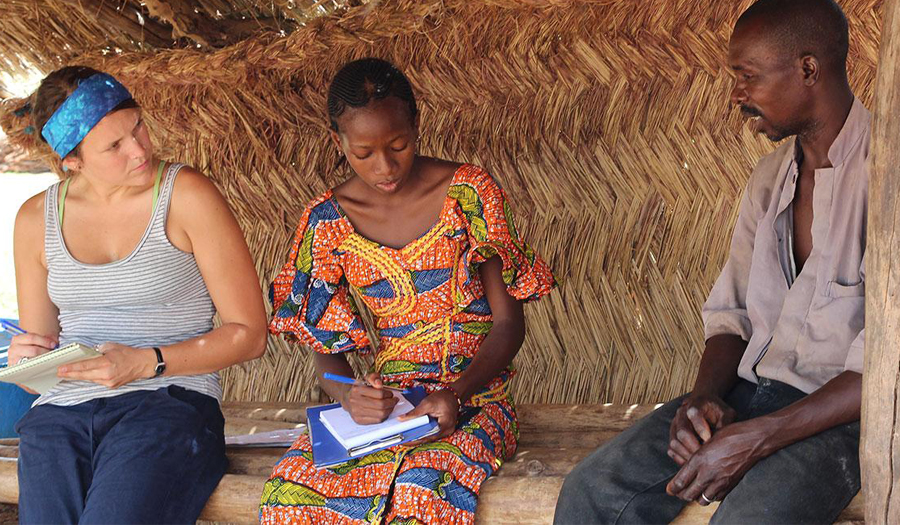
Communities near and far
The Department of International Development, Community, and Engagement is founded
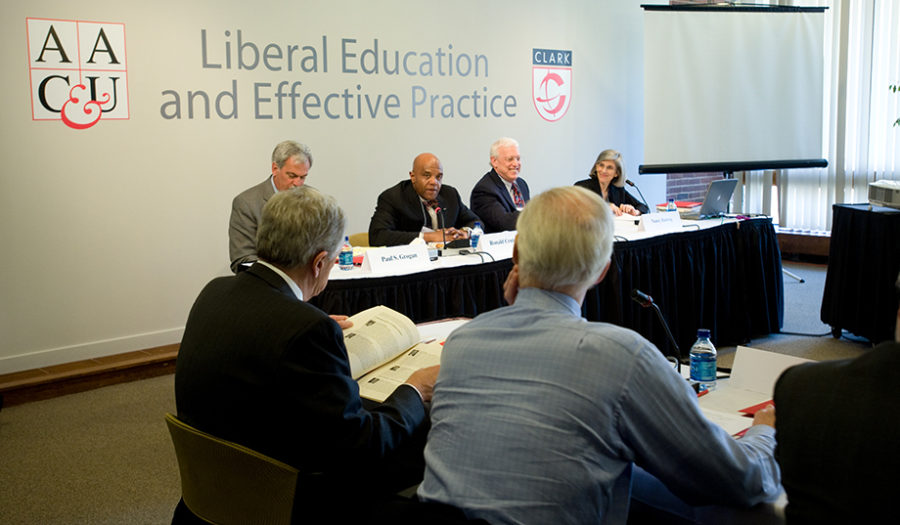
A pioneering model for undergraduate education
Clark convenes national conference on liberal education and effective practice
Jonas G. Clark
Successful Massachusetts entrepreneur, abolitionist, and book and art collector, Clark envisioned that his university would open with a rigorous but affordable undergraduate college for young men.
